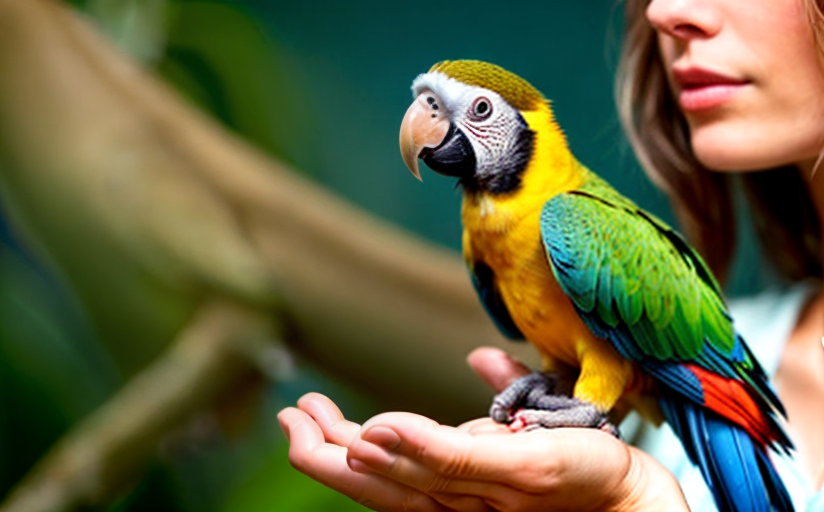The Ethical Implications of Keeping Exotic Animals as Pets
The practice of keeping exotic animals as pets prompts a mixture of fascination, excitement, and debate. While the idea of having a unique, rare, and sometimes dangerous creature in one's home can be alluring to some, it prompts ethical considerations worth exploring.
Potential Adverse Effects on Animals and Ecosystems
Exotic animals, which are not typically domesticated, often suffer detrimental effects when kept as pets. Removed from their natural habitats, these creatures can endure physical and psychological harm due to inadequate care and improper environments.
In addition to the harm on individual animals, the demand for exotic pets can lead to severe depletion of animal populations in the wild. This impacts biodiversity, disrupts ecosystems, and can even influence climate change by altering vegetation growth patterns.
Health and Safety Risks to Pet Owners and Communities
Exotic pets can pose significant health and safety risks to their human keepers and the surrounding community. These animals can transmit zoonotic diseases, some of which are deadly. There are also numerous instances of exotic pets injuring or killing people.
Regulations and Laws on Exotic Pet Ownership
Countries worldwide have enacted laws to regulate or outright ban the ownership of exotic pets. These laws aim to protect both people and animals. For instance, the Endangered Species Act in the United States prohibits the ownership of certain endangered or threatened species.
Common Exotic Pets and Associated Ethical Concerns
Despite regulations, numerous exotic animals are still commonly kept as pets. These include various species of reptiles, amphibians, birds, and even big cats and primates. Each of these groups carries its own ethical considerations, from animal welfare to conservation issues.
Alternative Pet Choices
For those drawn to the appeal of exotic pets, there are ethical alternatives to consider. Many domesticated animals have unique, charismatic qualities without the associated ethical concerns. Also, adopting from animal shelters allows potential pet owners to provide homes for animals in need.
In conclusion, the ownership of exotic pets poses a range of ethical issues related to animal welfare, ecosystem health, and human safety. It is thus, important to educate ourselves and others about these issues and to promote ethical pet ownership.



















Comments
Leave a Comment